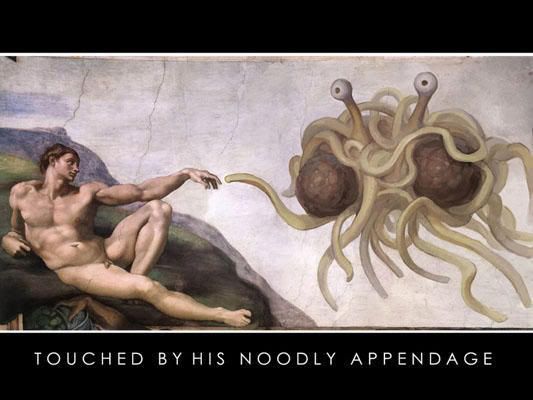To clear up some misconceptions about terminology, it's possible to be any one of the following:
agnostic theist: God's existence can't truly be known, but I personally believe there is a God
gnostic theist: there is a God, and it can truly be known
agnostic atheist: God's existence can't truly be known, but I personally don't believe there is a God
gnostic atheist: there is no God, and it can truly be known
Although that still doesn't cover all positions. There are still the middle-of-the-road agnostics that believe the existence of God can not be known, nor are they convinced one way or another. Then there are the people who think it's pointless to even argue existence vs non-existence because there's no true definition for what "God" is. Anyhow, this idea that there are strictly three positions - theist, atheist, and agnostic - is not the full picture.
agnostic theist: God's existence can't truly be known, but I personally believe there is a God
gnostic theist: there is a God, and it can truly be known
agnostic atheist: God's existence can't truly be known, but I personally don't believe there is a God
gnostic atheist: there is no God, and it can truly be known
Although that still doesn't cover all positions. There are still the middle-of-the-road agnostics that believe the existence of God can not be known, nor are they convinced one way or another. Then there are the people who think it's pointless to even argue existence vs non-existence because there's no true definition for what "God" is. Anyhow, this idea that there are strictly three positions - theist, atheist, and agnostic - is not the full picture.








